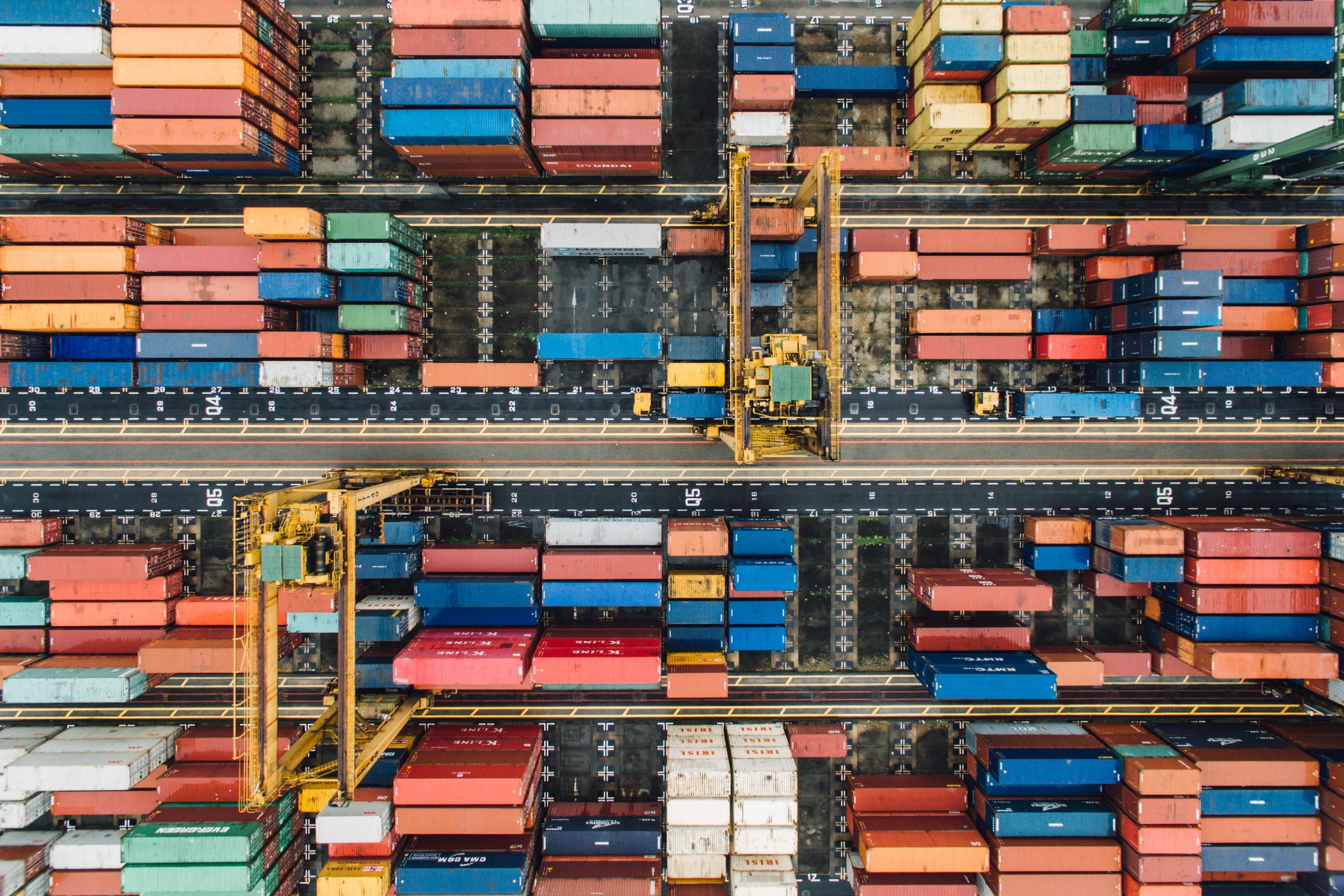Taking place on the 8th and the 9th of December, the conference will have a line-up of 48 speakers from all corners of various investment markets.
Linqto is one of the top digital trading platforms for private market securities The upcoming conference will aim to look over the way the world has changed in the past year – and how to change things for the better in 2021, whether by using new investment strategies, digging in for a possible future bull run and much more.
Australian Speakers And Hosts
Australia will be represented at the GIC taking place next week by the CEO of BTC Markets and the founder of Sapien Ventures.
BTC Markets is one of the largest cryptocurrency exchanges in Australia, and its CEO – Caroline Bower – will be present for a discussion with Steve Vallas about the importance of blockchain technology and its impact on multiple sectors worldwide.
Steve Vallas is the CEO of Blockchain Australia, an advocacy group working with both the public and private Australian sectors in order to further the development and adoption of blockchain technology.
The conference will be hosted by Victor Jiang and Karim Nurani. Karim Nurani –The Chief Strategy Officer at Linqto – has been a part of over 100 successful start-up ventures and is here to tell the story.
Victor Jiang is the executive chairman of Sapien Ventures, a firm specializing in venture capital operating out of Sydney, Melbourne, and Shanghai. With a large portfolio of companies under its wing and a range of options for potential investors, Sapien Ventures is a true heavy hitter in the investment market.
The Global Investment Conference can be joined free of charge via a zoom link that will be provided to you upon sign-up.









